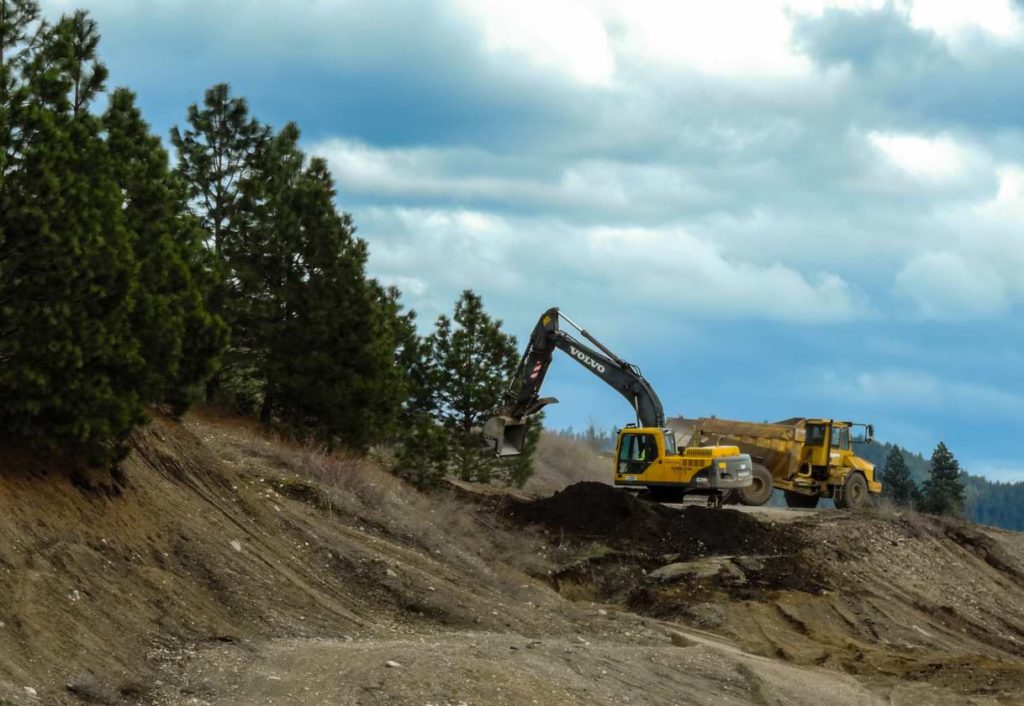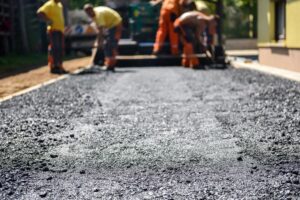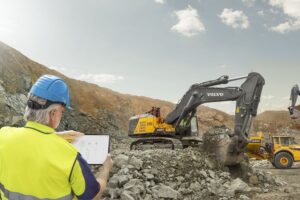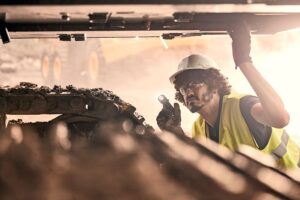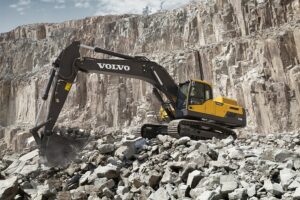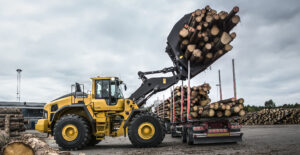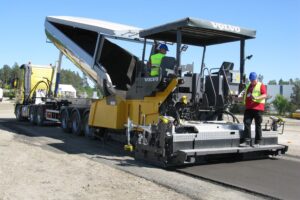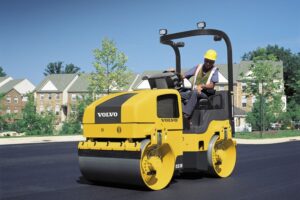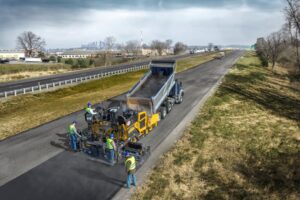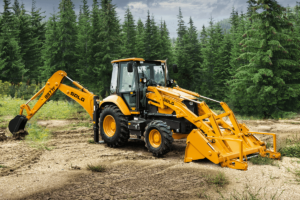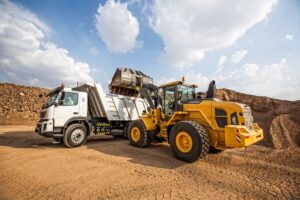1. Excavator Weight and Size
Let’s start with the basics: operating weight and size. What is the general scope of work you will be handling?
Look at your prospective heavy equipment’s engine and hydraulic power, as well as fuel efficiency and economy. Will your excavator be handling light or heavy jobs?
Compact excavators take care of light excavation tasks at small construction projects and are good for restricted spaces. Large excavators handle the most demanding tasks.
Determine your safety and efficiency metrics. Choose the right size and weight for functionality and workload capacity, but also for its potential impact on your bottom line.
This should help you determine the size of excavator your need: compact (0-6 tons), standard (7-44 tons), or large (45-80 tons).
2. Jobsite Type and Location
Another way of determining the right excavator equipment for you is to look at jobsite type and location.
What kind of jobsites do you handle? Is the ground soft? Do you need an excavator with more traction and stability? Will your excavator operate in wide open spaces or in a restricted area?
Compact excavators are normally designed with rubber tracking, which causes less surface damage but is less durable. Larger machines are usual designed with steel and have wider track and depth.
Get information on ground and site condition and on-site potential hazard situations. Make sure that your chosen excavator’s operational weight conforms to these requirements.
3. Trailer transport size and route
Review and your trailer transport options, if needed, in your capital cost estimate. Do you have the right capacity trailer to transport your equipment to your jobsite?
Can you also ensure that your new excavator construction equipment will be allowed to travel along your designated route? Check for limits on oversized loads for roads and bridges.
4. Attachment Specifications
Choose attachments that are in line with the size of equipment you’ve chosen. Evaluate bucket capacities for digging, removing, and clearing. Choose attachments for demolition tasks, such as hydraulic hammers, or rippers for breaking hard soils and materials.
You’ll also need couplers to help you switch between attachments more easily without the help of a crew.
Don’t forget to add attachments and couplers that give you the flexibility to handle a variety of future requirements.
5. Operator cabin and comfort
Consider cabin features that emphasize both safety and productivity.
The operator’s cabin should meet certain ergonomic standards will enhance your heavy equipment operator’s productivity.
Evaluate cabin size and seating, visibility, noise level inside the cabin, ventilation, as well as the accessibility of controls.
Examine access to the excavator’s engine and hydraulic systems to see if they facilitate regular maintenance. You may also ask your operators about what pattern control selectors and telematic features they prefer.
6. Warranty and after-sales maintenance options
By the time you’ve decided on equipment specs and model of equipment, it’s down to the final details: maintenance, servicing and warranty.
Look at maintenance offers and warranty options; you need to protect your investment.
Are you satisfied with the expected frequency of maintenance visits you need to implement, as well as the estimated costs?
Ask yourself if your seller offers convenient servicing locations. See if your dealer offers attractive financing and extended warranty options
7. Find a dealer you trust

Above and beyond the technical requirements, we believe it’s important that you find and work with a dealer you like and trust, especially when checking excavator durability.
Ask colleagues in your industry if the dealer has a good track record obtaining parts on time and trained technicians who addressed their needs in a timely manner. A good dealer is a good working partner who comes back to you with accurate cost and servicing estimates.
Additionally, the dealer should also quantify the benefits of purchasing a brand-new excavator vs. renting a used one, taking into consideration the longevity and durability of the equipment.
It is important to work with a knowledgeable and dependable dealer. A great dealer will answer all your questions and make you feel confident about purchasing.
Talk to us now about your construction requirements and excavator durability needs, and we’ll discuss equipment, financing, and servicing options. Topspot Heavy Equipment is ready to serve you.

